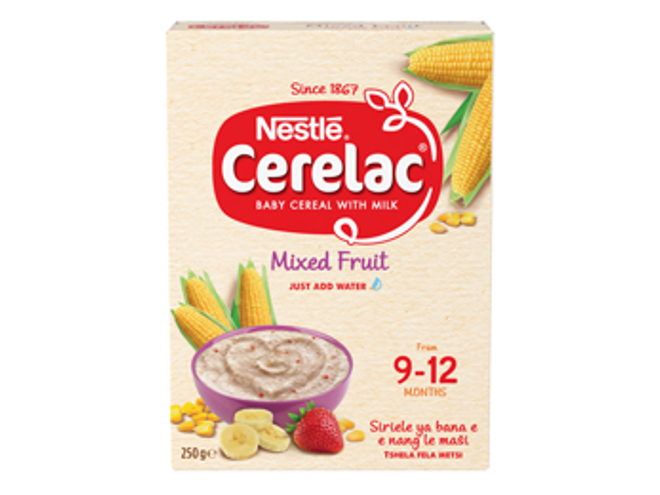
Make every bite count
Make every bite count
Starting your little one on solid foods is quite a milestone! Since his tummy is so small at around six months of age he will only be taking small tastes of foods.
Small tummy
Starting your little one on solid foods is quite a milestone! Since his tummy is so small at around six months of age he will only be taking small tastes of foods. Even these beginning bites are important to his development. He has high needs, but only a small stomach that may be filled quickly.
Breastmilk + solid foods
Your baby will drink as much breastmilk as he needs, and from 6 – 12 months you will see that as his appetite for solid foods increases, and he will consume less breastmilk. Offer him foods that are appropriate for his age/ as recommended by your HCP. Remember to respect his hunger and fullness cues by not pressuring him to eat when he shows you that he is no longer hungry. Another meal will come soon, and your baby may be hungrier at that time.
Solid foods are needed
The introduction of solid foods is not meant to replace breastmilk, but rather as a complement to breastmilk - which is why first foods are often referred to as complementary foods.
Around six months of age, introduction of appropriate solid foods is important for the following reasons:
- Teaches baby to eat from a spoon.
- Introduces baby to flavours and textures to help him learn acceptance of these new foods.
- Delayed introduction of solid foods may increase the risk of food allergy or eczema; ask your healthcare professional if concerned over introducing foods to your baby.
Related articles

Your 6 to 12 month old’s hunger & fullness cues
Understanding your baby's hunger & fullness cues. Learn to identify when to feed and when they're full.
2 mins to read

The Confident Eater from around nine months
As your baby develops his chewing and swallowing ability, he is now ready to take on more challenging, richer tastes and textures.
5 mins to read
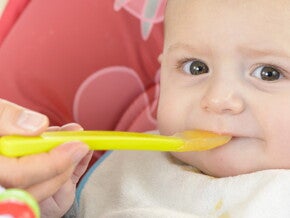
The Explorer Eater from around seven months
When your baby has successfully learned to eat solid food, he is ready to explore new tastes.
5 mins to read
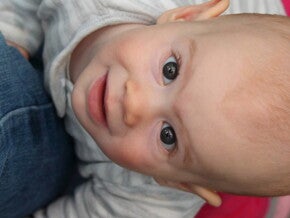
At nine months
Your baby sits alone and pivots into a crawling position. He crawls on extended limbs and holds on to furniture to pull himself up to stand.
5 mins to read

At ten months
- He enjoys nursery rhymes and games. Encourage and play with him. Talk to him and imitate and add to his sounds.
- Encourage self-occupation.
5 mins to read

Baby meal planner 10 to 12 months
Around 10-12 months, babies are ready for harder finger foods & self-feeding.
1 min to read
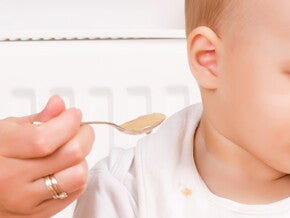
A day in your 6 to 7 month old’s diet
This sample day was created by registered dieticians to help meet the nutrition goals for your 6 to 7 month old baby.
5 mins to read
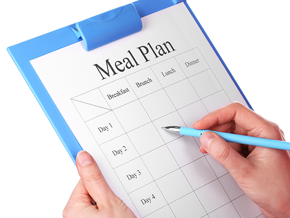
Baby meal planner 8 to 10 months
Around 8-10 months, increase the variety and texture of foods for your baby.
1 min to read
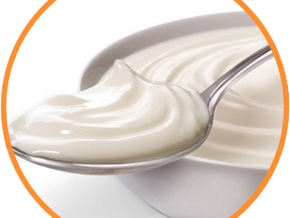
Acidified foods: Good just like your mother said!
Did you know…. More than 8000 years ago our ancestors made bread, beer and wine through fermentation.
5 mins to read
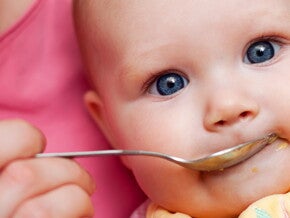
Why do we introduce solids to a babys diet
About halfway through the first year of life, babies begin to outgrow their liquid diet, which no longer supply them with enough nutrients to support their rate of growth.
5 mins to read
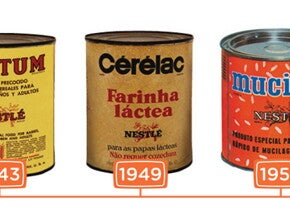
The birth of an iconic brand
The birth of an iconic brand conquering the world
5 mins to read
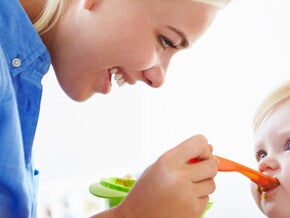
The adult’s role
The adult’s role is to provide children with nutritious foods. Adults are responsible for what and when their children are fed.
5 mins to read
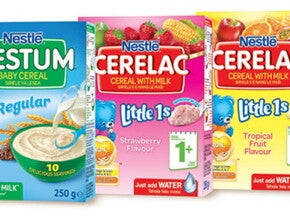
Nurturing small tummies
Nurturing small tummies
5 mins to read
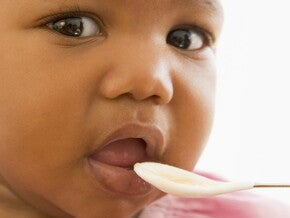
When do we introduce solids to the diet
Birth to six months
It is too early to introduce solids if your baby:
5 mins to read

Developmental Milestones
You cannot fast-track the stages of your baby’s development, but you can help by creating a stimulating environment.
5 mins to read

Nestlé Infant Cereals Infograph
Celebrating trusted spoonfuls for 150 years with infant cereals
5 mins to read

Reducing the risk of allergy
There is an increased risk of allergy when solids are introduced too early, i.e. before
26 mins to read
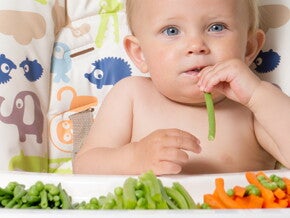
Time for Finger Foods
Enjoying finger food
5 mins to read

Emotional development in Your Baby
Your baby is discovering their emotions from birth.
3 mins to read